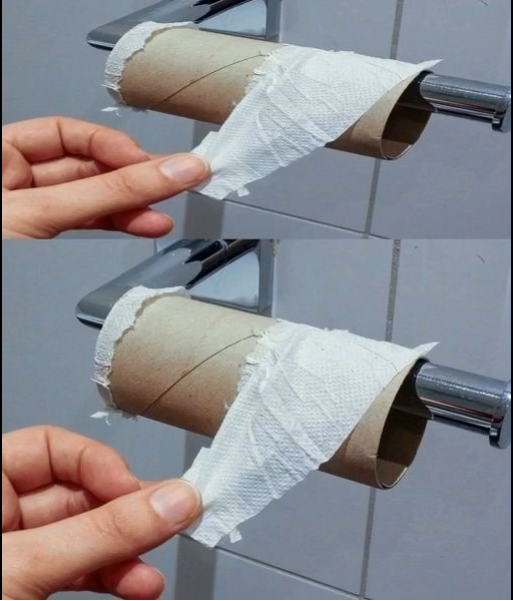Toilet Paper May Soon Be Replaced by Regular Rolls
Toilet paper is a daily essential for millions of people around the world, but there’s growing discussion about the possibility of it disappearing from store shelves due to environmental and health concerns. Could this mark the end of the traditional toilet paper roll as we know it?
The Origins and Environmental Impact of Toilet Paper
Toilet paper, which was invented by Joseph Gayetty in the United States during the mid-19th century, quickly became a global household staple. Its convenience and necessity have made it a mainstay in bathrooms everywhere. However, the production of toilet paper comes with significant environmental consequences. Each year, millions of trees are cut down to produce the vast amounts of toilet paper used worldwide. The pulp and paper industry contributes heavily to deforestation, a major factor in the loss of biodiversity and the degradation of ecosystems.
In addition to deforestation, the process of manufacturing toilet paper also requires substantial water and energy resources. The bleaching process, used to create the bright white appearance of the paper, often involves chemicals that can be harmful to the environment if not properly managed. As concerns over sustainability and environmental protection grow, the impact of toilet paper production is coming under increasing scrutiny.
Given these environmental costs, there are calls for alternative solutions and more eco-friendly products. Some companies are already exploring the use of recycled materials, bamboo, and other sustainable resources in an effort to reduce the environmental footprint of toilet paper production.



